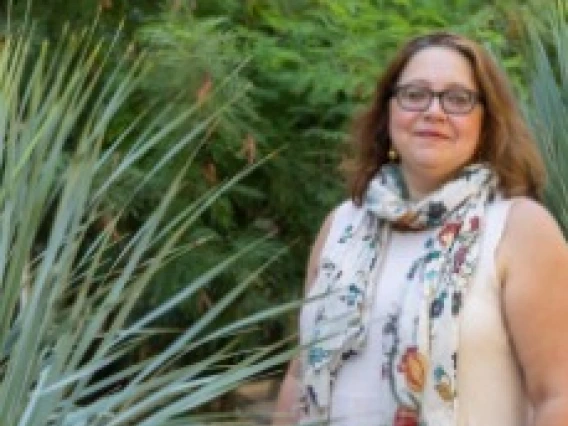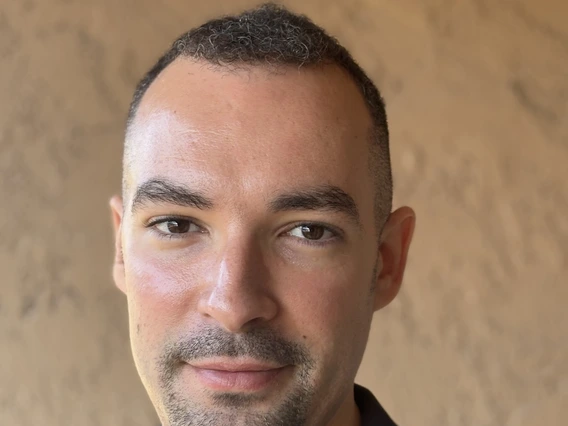Informal writing sessions for SLAT major and minor students
When
9:30 – 11:30 a.m., March 21, 2025
Please note that the SLAT Writing Room will not be held on March 21, 2025. It will resume meeting on March 28, 2025.
Dear SLAT major and minor students,
Would you like to be a more productive writer? If you are working on an intensive writing project like a dissertation, journal article, course paper, or grant proposal, and you would like to increase your writing productivity in a safe and friendly space, consider joining the SLAT Writing Room this Spring 2025!
Each focused two-hour session is set up to have unstructured writing time with short breaks, followed by a short discussion aimed at helping you improve your writing productivity. This is an informal way to create accountability, meet a few SLAT friends, and get some writing done.
The sessions will be on Zoom every Friday morning, from 9:30 am – 11:30 am (Arizona time). The first session will take place on Friday, January 31st, and the sessions will continue until April 25th. The recurring Zoom link for the sessions is: https://arizona.zoom.us/j/86065761632
No advance registration necessary – just show up and work on your writing goals!
Please reach out to Kate (kateshea@arizona.edu) or Angus (leydic@arizona.edu) with any questions.



